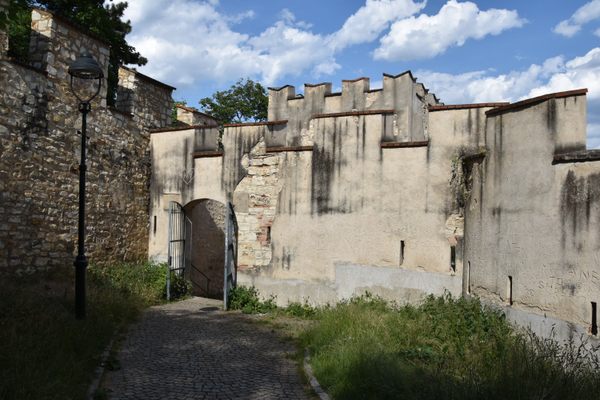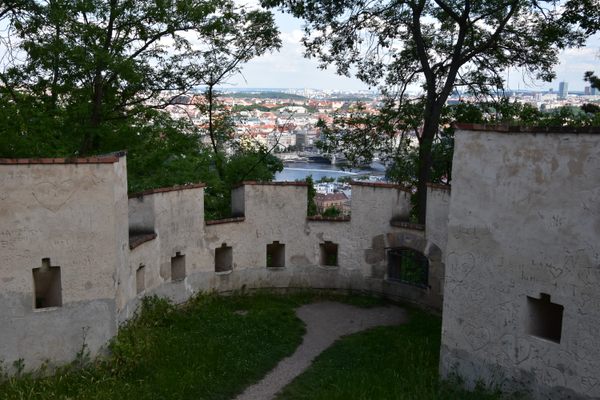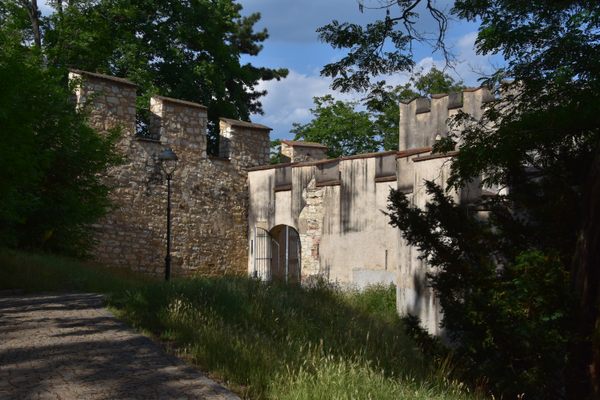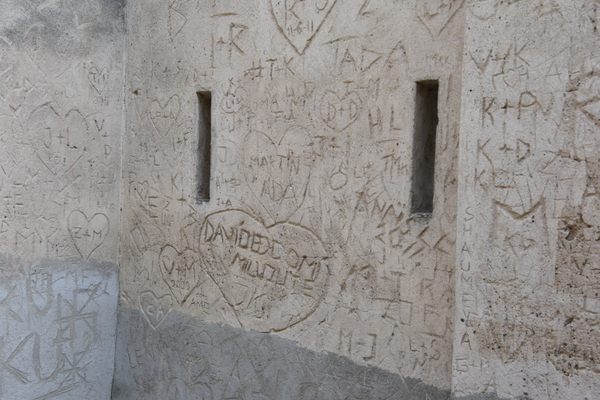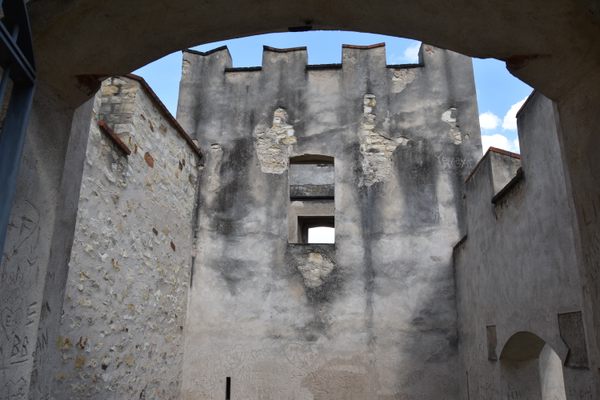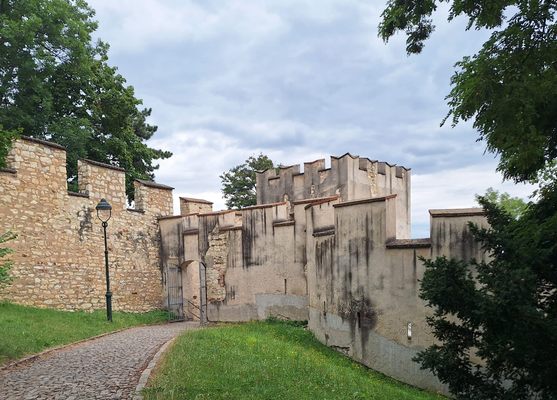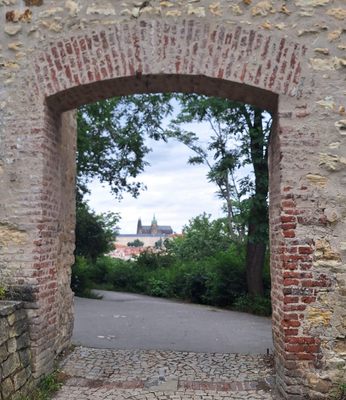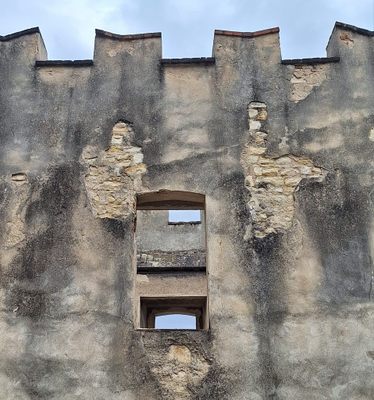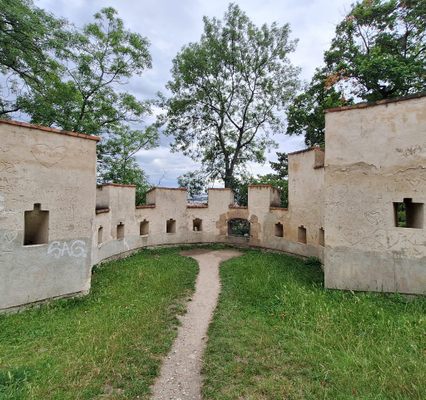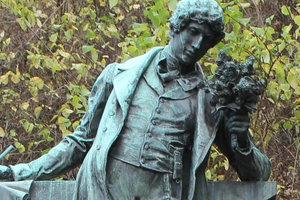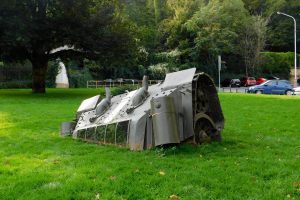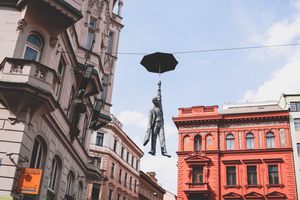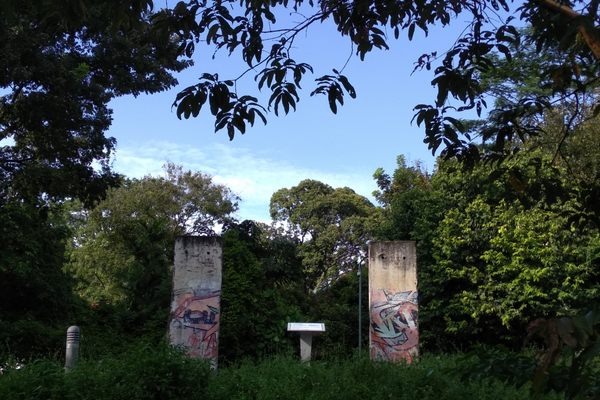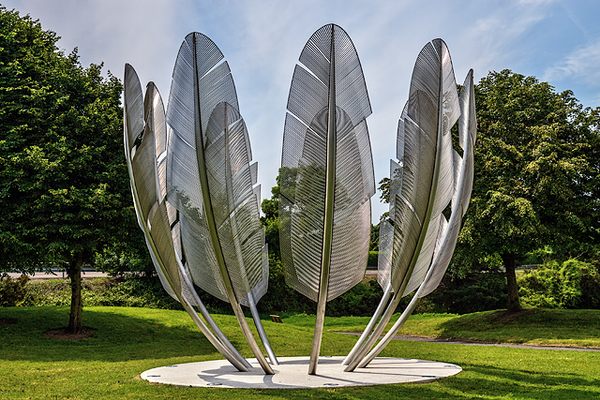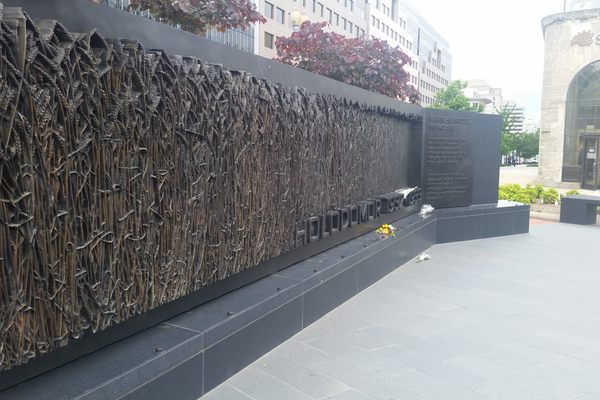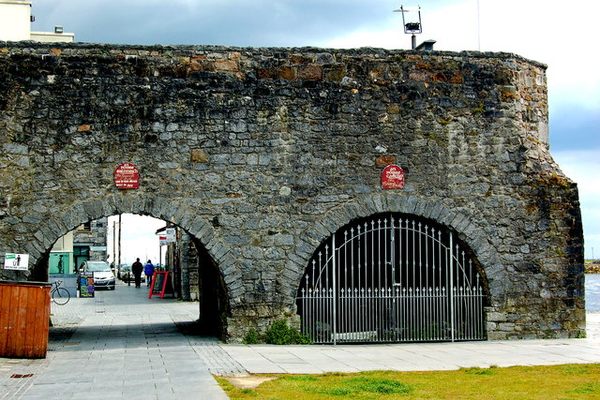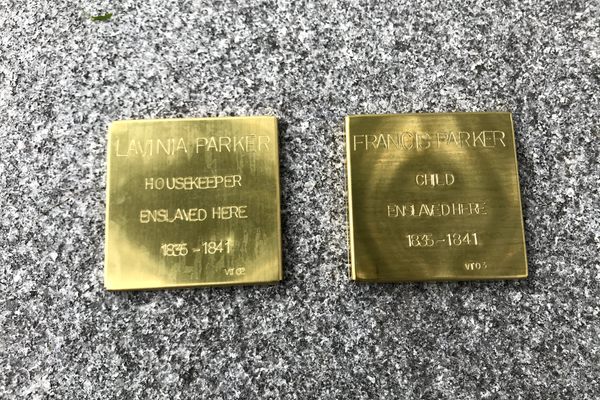About
Adjacent to Prague Castle, the hill of Petřín presents a panoramic view of the city and boasts numerous attractions, including a funicular, an observatory, a 19th-century mirror maze, and a haunting memorial dedicated to the victims of Communism. Up on the green slopes, there is also a historic monument dating back to the Middle Ages: the Hunger Wall of Prague.
Built by the order of Charles IV, the first King of Bohemia to become the Holy Roman Emperor, the defensive wall was completed in 1362, built out of marlstone quarried from Petřín Hill. Originally up to 4.5 meters (14 feet) tall, the wall is believed to have been constructed to strengthen Prague Castle's defenses. It has been renovated multiple times throughout history, particularly in 1624 and recently in 1975.
As suggested by its evocative name, the wall comes with a story. It was originally referred to as Zubatá ("toothed") after its bastioned appearance, but soon people started calling it Chlebová ("for bread") or Hladová ("hungry") following the famine in 1361. The construction provided a great deal of labor for the people of Prague, giving them a job and, thus, bread to live on.
According to local folklore, this was the very purpose of the wall's construction in the first place, rather than the city's defense. Later historians, in the 15th and 16th centuries, also claimed that King Charles IV himself visited the construction site every day and even worked with his people, whom he called his dear family, for several hours a day.
Related Tags
Know Before You Go
The hillside of Petřín is extremely steep and the paths are very windy. Unless one is fit and able, would highly take the funicular to the top and walk the 5 minutes down to the wall. Just be prepared for long lines, especially on weekends, because it is a popular attraction.
Would also suggest using a smart device to locate the 'Hunger Wall', as the paths can be confusing, as they often fall back on themselves in various twist and turns.
Published
June 1, 2023
